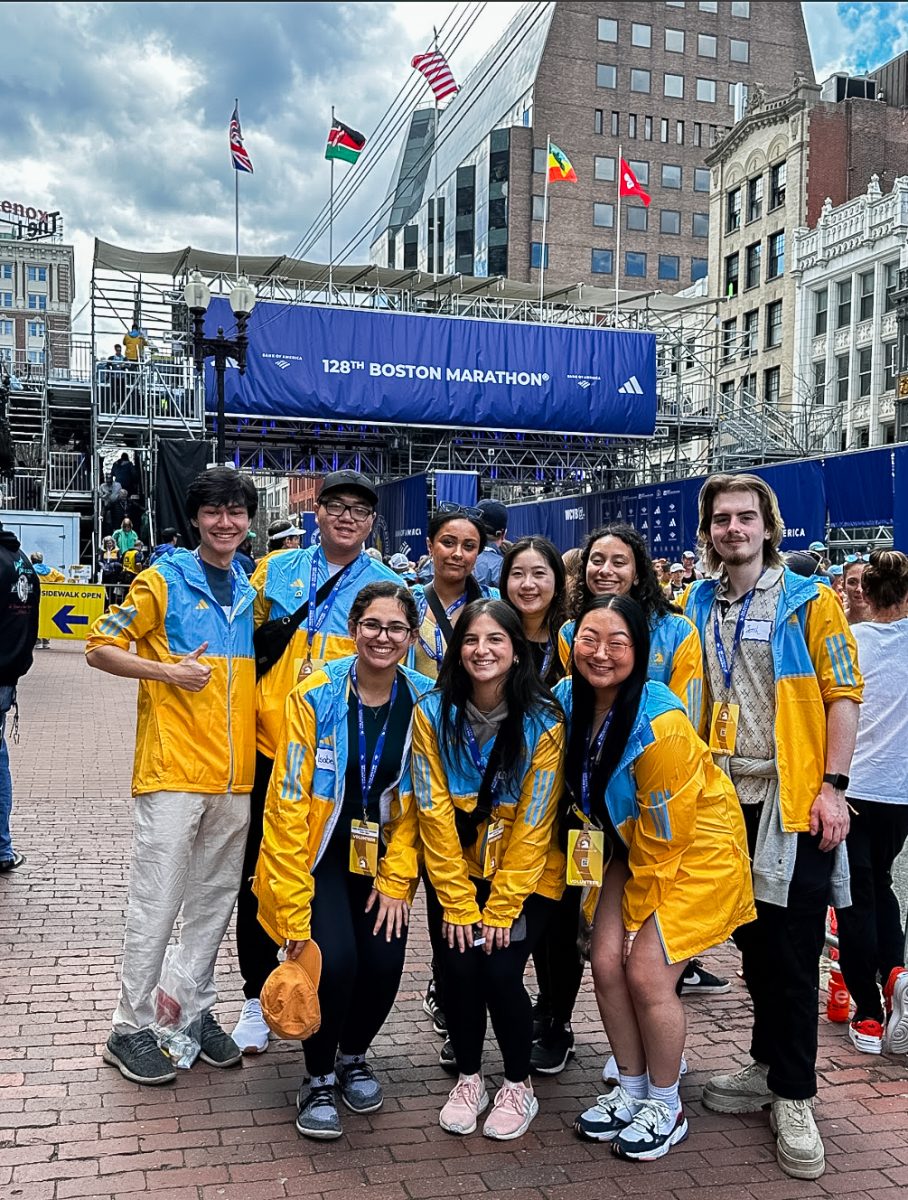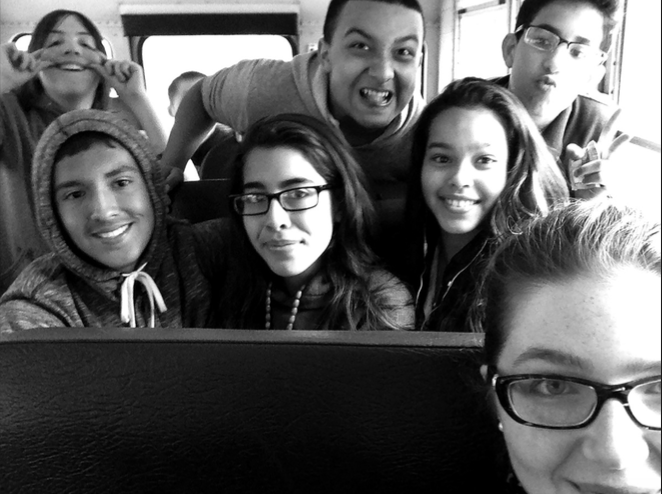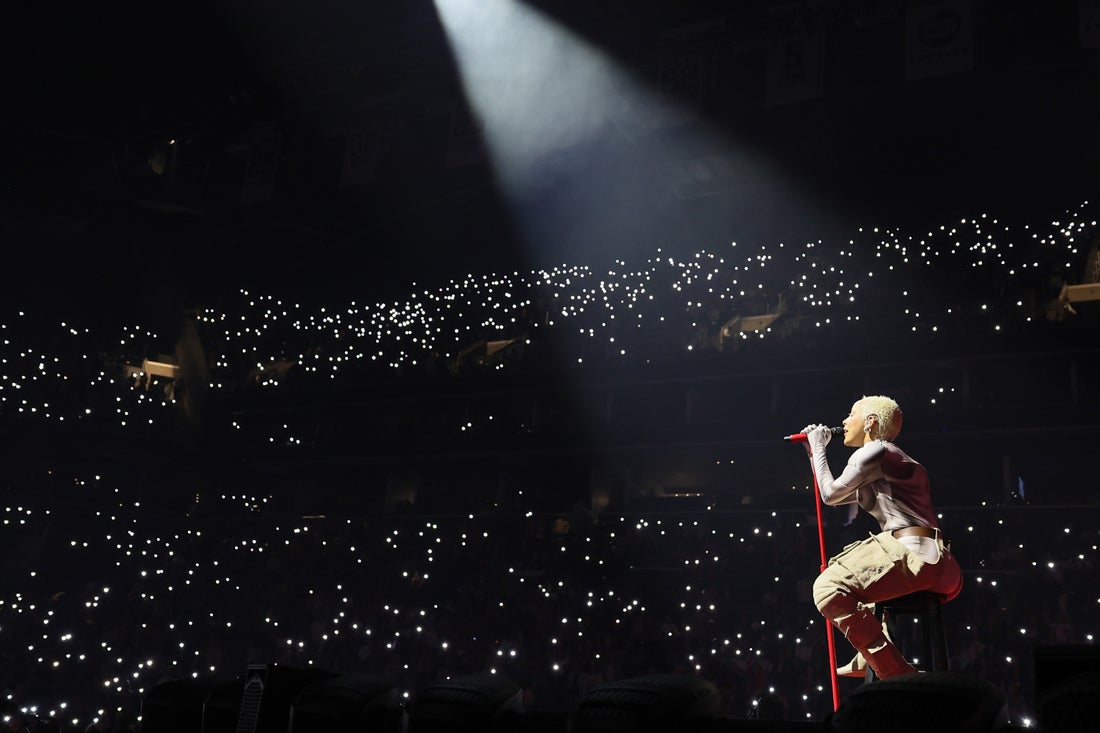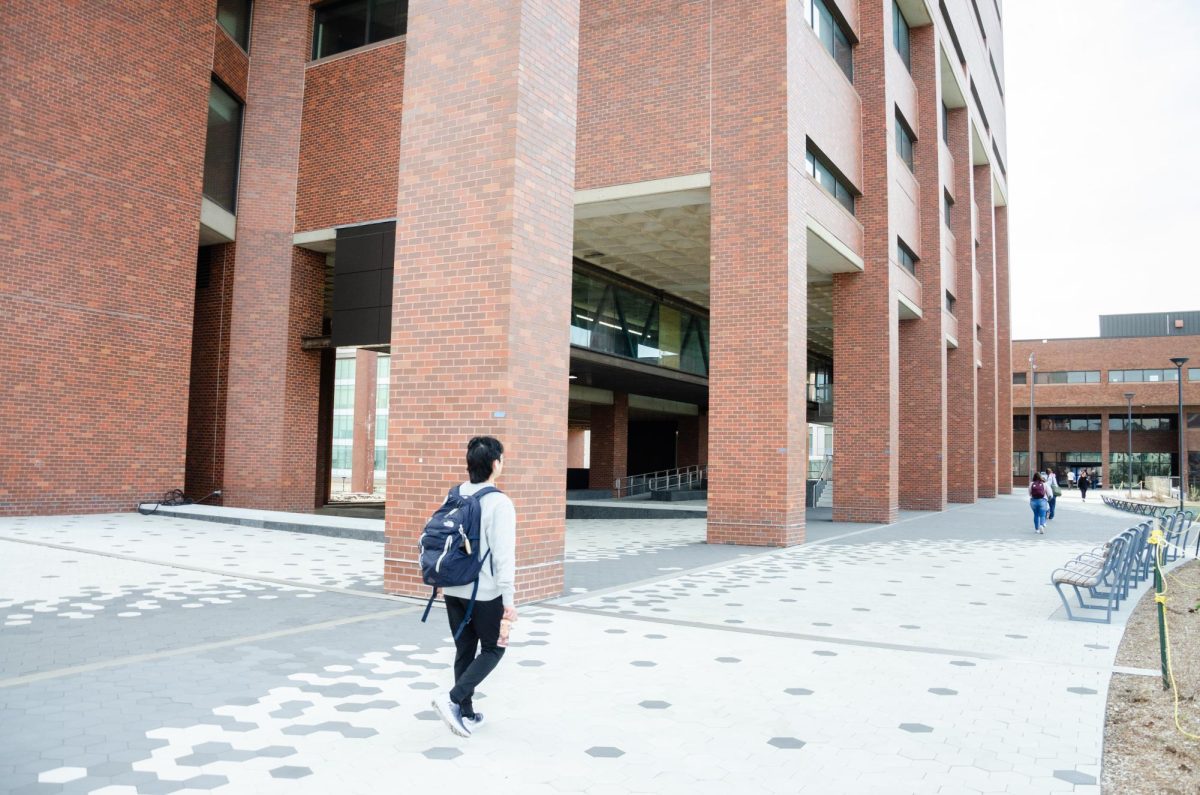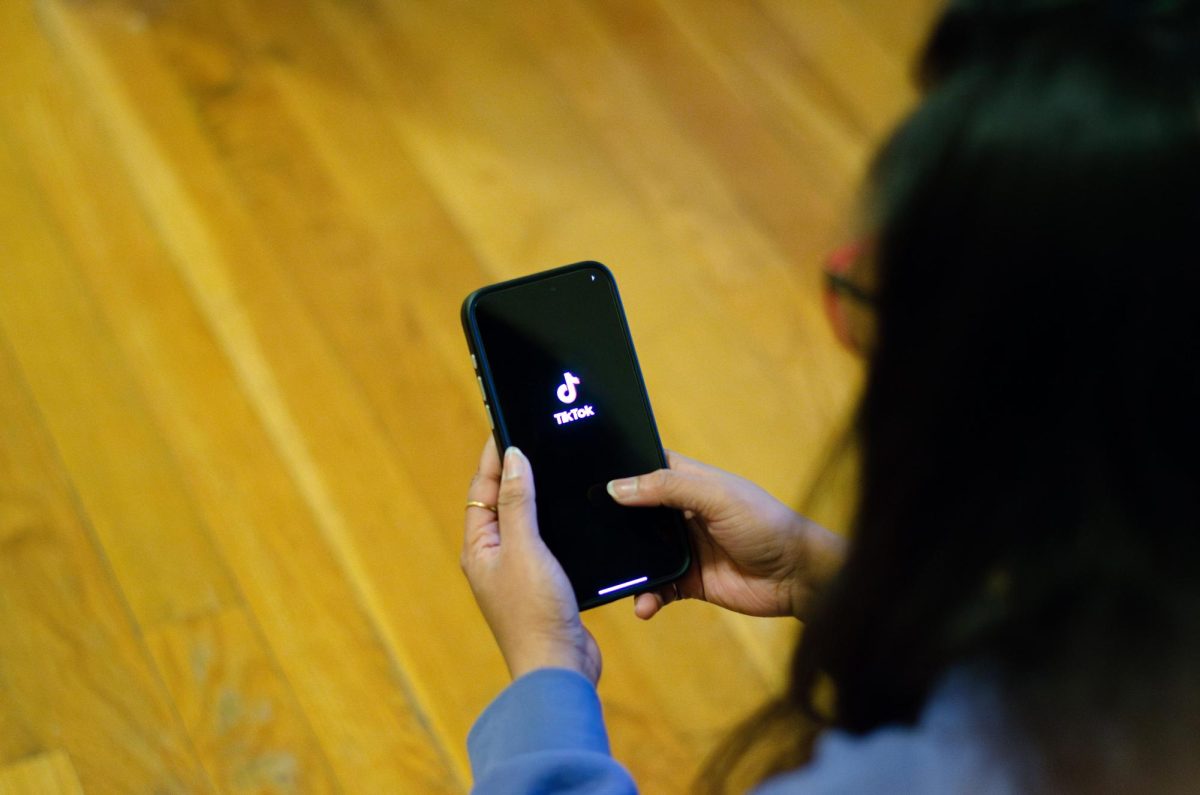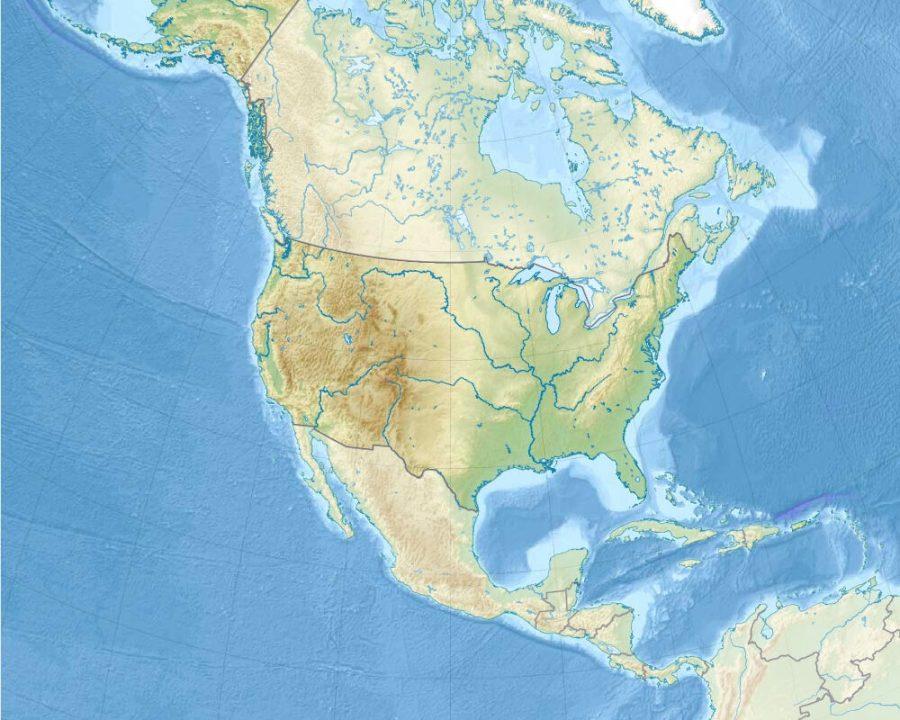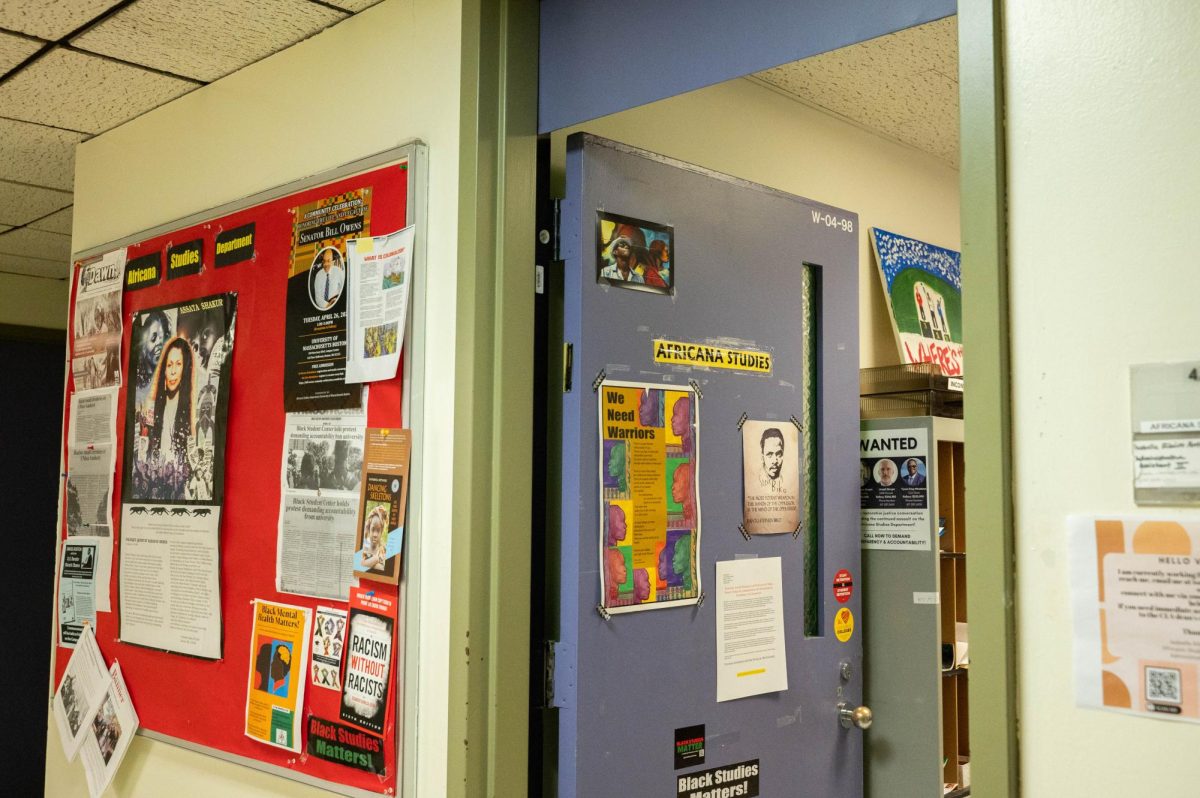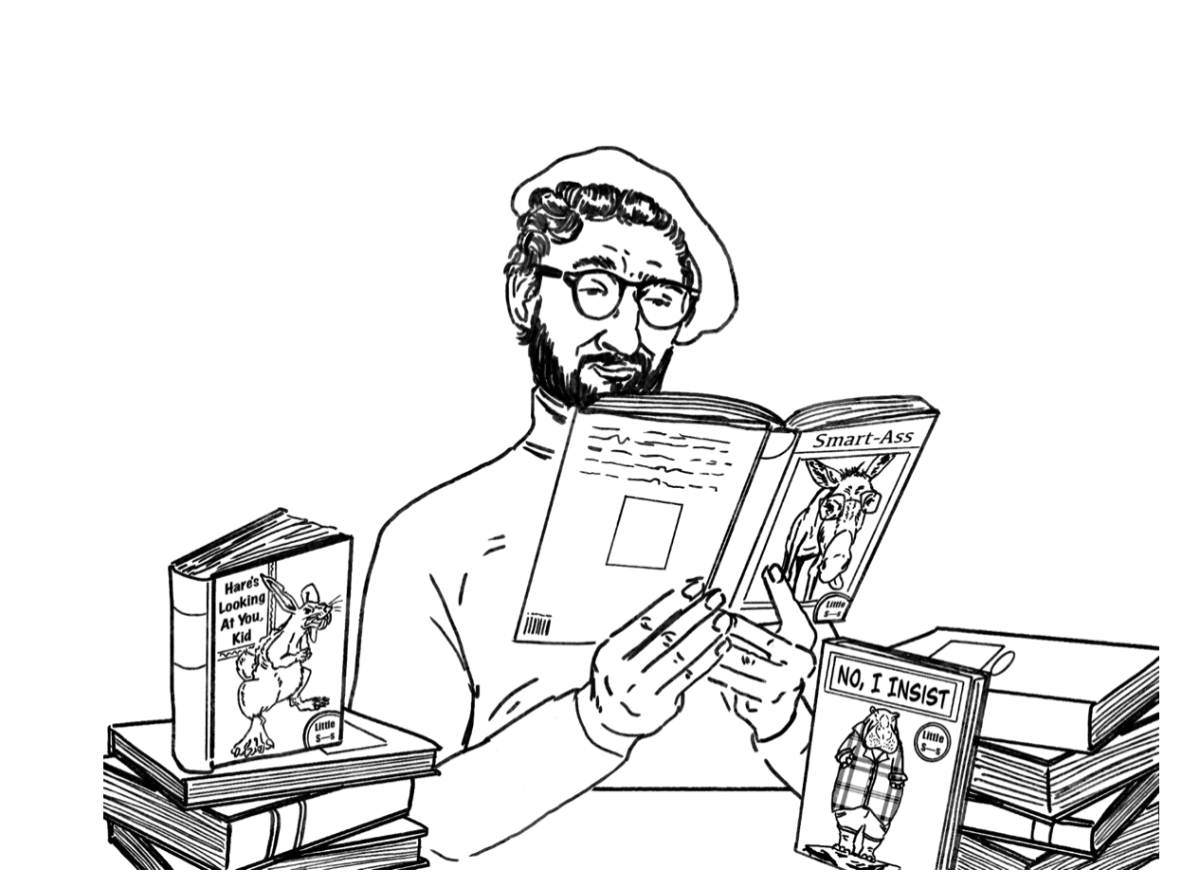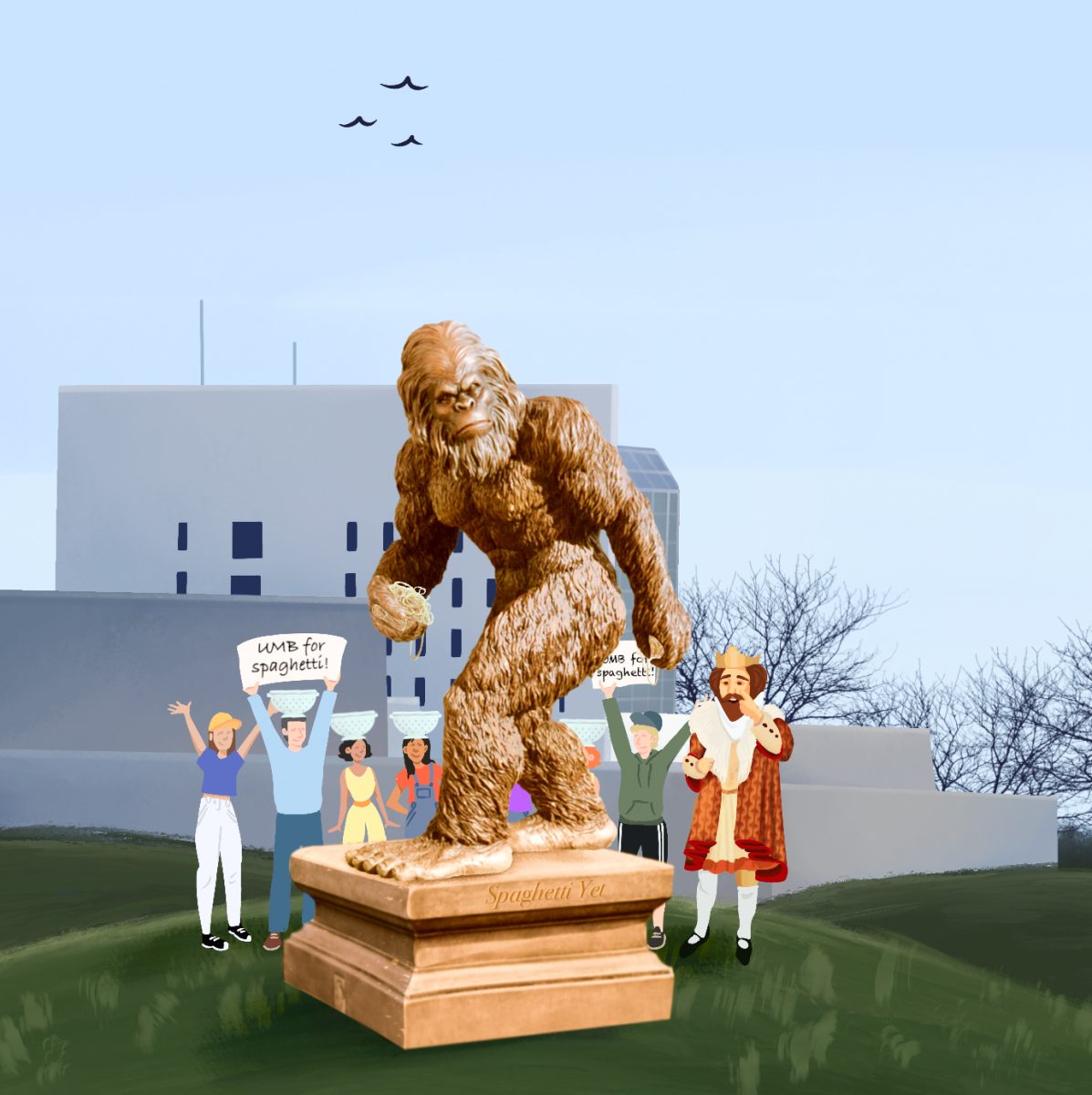Everyone’s heard of a minimum wage, but very few have ever considered a maximum wage—and with inflation, inequality and poverty on the rise, a wage cap could be just what we need to balance the scales.
There is historical precedent for a maximum wage or harsh progressive income tax, even in the United States. President Franklin D. Roosevelt, as part of his efforts to balance inflation, signed a minimum wage into law in 1938, and later called for a maximum wage in his 1942 Economic Stabilization Program. [1] In a letter to Congress, he wrote, “discrepancies between low personal incomes and very high personal incomes should be lessened…no American citizen ought to have a net income, after he has paid his taxes, of more than $25,000 a year.” [2]
Since then, the minimum wage has increased from $0.25 an hour to $7.25, where it stands today—however, when accounting for inflation, the minimum wage has actually been decreasing since 1970, according to Statista. [3] By contrast, income inequality has ballooned. In 1942, when FDR proposed his $25,000 cap—about $550,000 in today’s money—the top 0.1% of earners made 68 times more than the bottom 90%, on average. In 2018, that figure changed to 196 times more. [4]
Wealth inequality, too, has soared. As recently as the 1980s and ‘90s, the net worth of the richest person in the world hovered below $20 billion dollars, with a low of $6.2 billion in 1982. Just 40 years later, in 2022, the richest person in the world had an astounding $257.2 billion dollars—enough to give every person in the United States almost $800. [5]
Anyone that has billions of dollars has more money than they could ever dream of using. Even a “measly” million or two allows someone to live comfortably for decades; 100 million or even 10 million allow someone to live lavishly for their entire life. Dozens of analogies exist to help us wrap our brains around numbers as big as billions and trillions; for example, if you were to work a job that paid $1 per second, you could make $1 million in about 12 days, but it would take you nearly 32 years to make $1 billion, and 8,150 years to make as much as the richest person of 2022. [5]
It’s not like the country couldn’t use the extra tax dollars, either. It’s a well-known fact that the country has been running a deficit for the past two decades, and just last year, Massachusetts had a $600 million tax shortfall, having collected $2 billion less in taxes than in 2022. [6] The UMass system began raising tuition again in 2022, and as the Board of Trustees is set to meet again this year, tuition increases may be on the horizon. [7]
A public university is supposed to be affordable and accessible to everyone, not just people who can pay. In a perfect world, college would be free—and so would healthcare, and utilities, and an internet connection, but that’s a rabbit hole in and of itself. As radical an idea it may seem, a maximum wage could allow for unimaginable gains for society. When you free people from having to work 40 or 60 or 80 hours a week to sustain themselves, you free an entire generation of innovators, artists, writers and entrepreneurs who can go on to revolutionize the world.
SOURCES:
[1] https://www.history.com/news/minimum-wage-america-timeline
[2] https://www.presidency.ucsb.edu/documents/message-congress-economic-stabilization-program
[3] https://www.statista.com/statistics/1065466/real-nominal-value-minimum-wage-us/
[4] https://inequality.org/facts/income-inequality/
[5] https://inequality.org/facts/wealth-inequality/
[6] https://www.nbcboston.com/news/local/massachusetts-600-million-tax-shortfall-explained/3112136/
[7] https://www.cbsnews.com/boston/news/umass-to-raise-tuition-2-5-for-next-academic-year/


